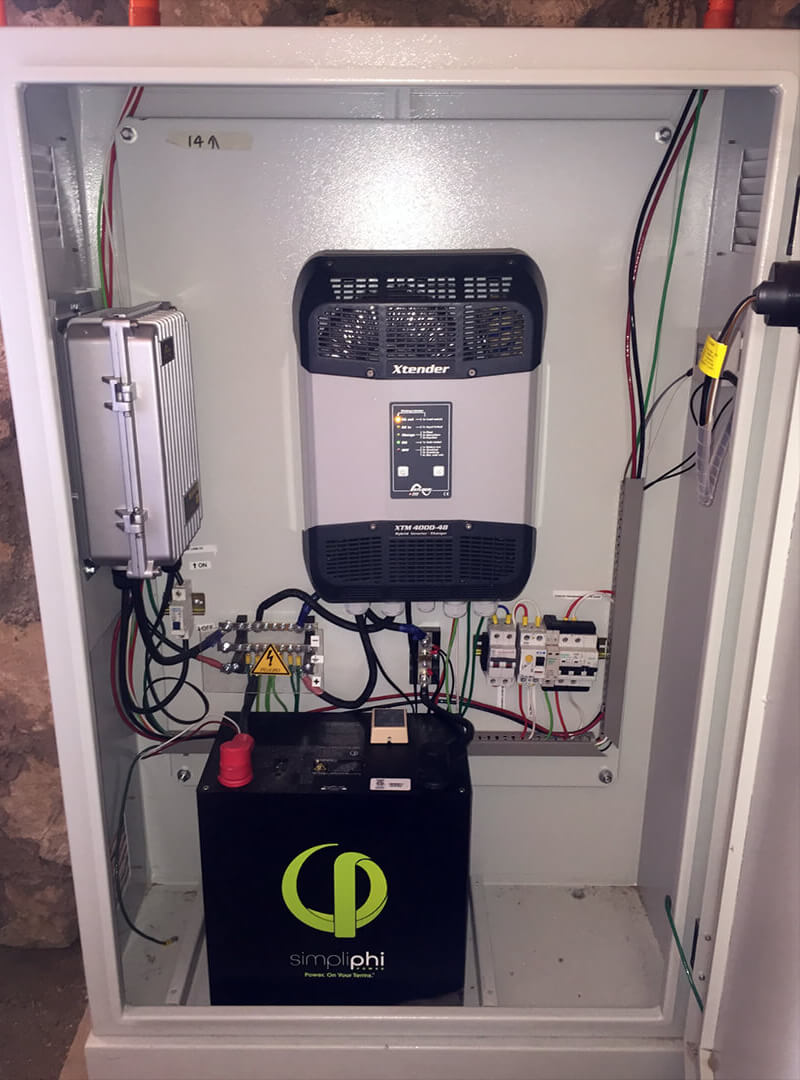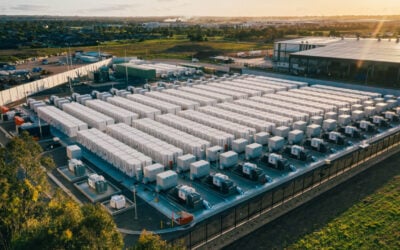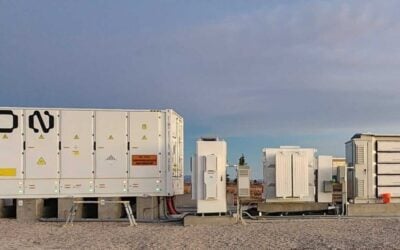
26 March 2021: Rural Cameroon households could benefit from ‘Made in America’ battery storage solutions
Up to 100,000 rural households in Cameroon could be provided with electricity via 134 separate solar-plus-storage minigrids.
The US Trade and Development Agency (USTDA) has agreed to fund a feasibility study into the project, with three US groups to carry it out: distributed lithium iron phosphate (LFP) battery energy storage provider SimpliPhi Power will author the study in collaboration with the National Renewable Energy Laboratory (NREL) and engineering company Morua Power.
SimpliPhi is partnering on the project with Cameroonian engineering firm Renewable Energy Innovators Cameroon (REIc), which is a member of IEEE and has already done similar projects in eight villages in the country. The study will include technical, regulatory, financial and legal analyses and design and monitoring of a minigrid pilot project.
Try Premium for just $1
- Full premium access for the first month at only $1
- Converts to an annual rate after 30 days unless cancelled
- Cancel anytime during the trial period
Premium Benefits
- Expert industry analysis and interviews
- Digital access to PV Tech Power journal
- Exclusive event discounts
Or get the full Premium subscription right away
Or continue reading this article for free
REIc’s managing director Jude Numfor said his group ultimately wants to bring solar panels and innovative battery storage solutions to 760 villages in Cameroon which are off-grid, while USTDA acting director Enoh T. Ebong said the agency’s engagement in the “ambitious project will undoubtedly have a positive impact on the daily lives of hundreds of thousands of Cameroonians”.
USTDA supports American companies abroad in offering development solutions. This marks its first minigrid project in Cameroon and adds to 20 other minigrid projects the agency is supporting in various countries.
25 March 2021: KORE Power completes UL9540A thermal runaway propagation testing
KORE Power’s Mark 1 Solution battery energy storage module and unit has completed UL9540A testing.
The US start-up, which wants to establish large-scale vertically-integrated manufacturing of lithium-ion battery energy storage in its home country, said this week that the module and unit level testing was completed without propagation of thermal runaway which can cause fires in battery storage systems when a cell fails.
The company already has 2GWh of annual production capacity via its factory in China and readied its Mark 1 systems for shipping this year. KORE Power said multiple safety features in the Mark 1 solution enable its technology to prevent propagation through the UL9540A test method. The company said that this means installation level testing is not required for deploying the Mark 1 solution.
UL recently launched a freely-accessible database on its site where companies that have completed the testing can list their products and display test results.
25 March 2021: ENGIE to retrofit battery storage at California microgrid
ENGIE EPS, the battery storage and microgrid project subsidiary of European utility major ENGIE, will retrofit extra energy storage capacity to the company’s first California microgrid project.
The company said the microgrid in Anza, California, completed late last year, has a 4.9MWp solar PV system and that generates around 8.9GWh of solar annually. The system has been delivered to an unnamed commercial and industrial (C&I) customer and bringing the system’s energy storage capacity up to 9.6MWh will help enhance the microgrid’s stability, lower the user’s electricity costs through peak shaving and maximise the integration of solar.
The system also intends to offer seamless transition to battery power in the event of power outages from the grid, while also providing local spinning reserve to the microgrid. The project is expected to be commissioned by November this year.
ENGIE EPS was formerly French microgrid specialist Electro Power Systems and was acquired in 2018 by ENGIE. Last year the company said that its profitability had been badly affected by operating expenses and extraordinary costs incurred due to COVID-19, which more than offset an increase in revenues it had enjoyed in the first half of 2020. It did however win a few hundred megawatt-hours of contracts for work in various territories including Hawaii, Guam and New England.





